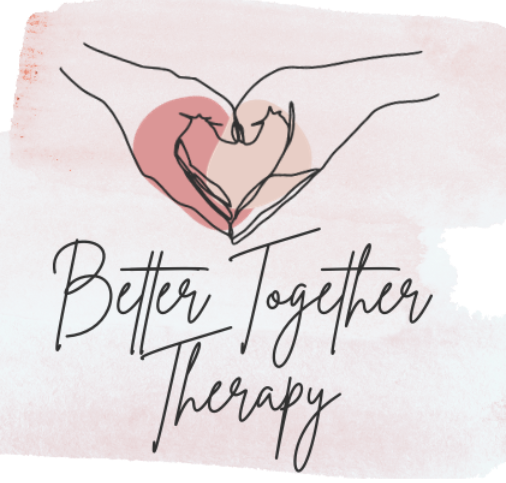Life Transitions Therapy
Samantha Serbin (LPC)
Expert Support for Life Transitions
Navigating Change: Finding Balance and Purpose During Major Life Transitions
Life is defined by change, but adjusting to major shifts—whether expected or sudden—can be overwhelming, leading to stress, confusion, and anxiety. If you are struggling to adapt to a new phase of life, Life Transitions Therapy offers the clarity and support you need to move forward with confidence.
At Better Together Therapy, Licensed Professional Counselor Samantha Serbin provides compassionate, focused support for individuals experiencing these challenging periods. Whether you are seeking in-person therapy in Cedar Park, Texas, or utilizing the convenience of telehealth services across Texas and Colorado, we can help you turn periods of change into opportunities for growth.
Ready to confidently embrace your next chapter?

Recognizing the Emotional Impact of Major Milestones
Understanding Life Transitions: When Change Becomes Stressful
A life transition is any significant change in circumstances, roles, or relationships that requires a shift in identity or daily functioning. While some transitions are positive (like a new job or marriage), they still disrupt your routine and can trigger anxiety, grief, or uncertainty. Therapy is often essential when these changes lead to prolonged stress or a feeling of being stuck.
Common Life Transitions We Address:
- Career Changes: Job loss, retirement, shifting careers, or navigating promotion and increased responsibility.
- Relationship Status Changes: Divorce, separation, marriage, the start or end of a significant relationship, or moving in with a partner.
- Parenthood and Family Changes: Becoming a new parent, managing an empty nest, blended family dynamics, or caring for aging parents.
- Location and Identity: Moving to a new city, starting college, or defining your identity following a major illness or recovery.
- Grief and Loss: Processing the death of a loved one, the loss of a pet, or the loss of a desired future (e.g., infertility).
Building Resilience and Redefining Identity in Times of Flux
My Approach to Navigating Change
My approach to Life Transitions Therapy is grounded in helping you process the past, manage the present, and plan for the future. We focus on identifying the specific stressors associated with the change and equipping you with tools to manage emotional volatility.
How We Facilitate Growth During Transitions:
- Process Grief and Loss: Acknowledge and work through the feelings of loss associated with leaving an old phase of life behind.
- Clarify Values and Goals: Realign your actions with your core values, helping you set meaningful goals for the new chapter.
- Identify and Challenge Negative Self-Talk: Address the self-doubt, anxiety, or feelings of inadequacy that often accompany major change.
- Develop Coping Strategies: Learn effective tools for stress reduction, emotional regulation, and making intentional decisions under pressure.
Utilizing Focused Methods to Create Structure and Meaning
Effective Therapeutic Models for Transitional Growth
We draw upon practical, solution-focused and insight-oriented models to ensure you gain both understanding and actionable steps during this transitional period.
Therapeutic Modalities for Life Transitions:
- Cognitive Behavioral Therapy (CBT): Used to address the anxiety and stress triggered by uncertainty. We focus on identifying and restructuring fear-based or catastrophic thinking patterns related to the future.
- Acceptance and Commitment Therapy (ACT): Helps you accept the emotional discomfort that accompanies change while committing to behaviors that move you toward a value-driven life, even when things feel uncertain.
- Solution-Focused Brief Therapy (SFBT): Focuses on your strengths and previous successes, helping you visualize and work backward from your preferred future to implement immediate, effective changes.
- Narrative Therapy: Allows you to separate your identity from the problem (the transition), helping you rewrite your life story in a way that highlights your agency, resilience, and growth.

Ready to Schedule a Free Consultation?
Don’t let the fear of the unknown hold you back. A focused, supportive therapeutic partnership can make all the difference during a time of significant change.
Contact me today to schedule your free, confidential 15-minute consultation. I am here to support your life transitions journey, offering services in Cedar Park, Texas and surrounding communities.
